Impact of the World War I
The Peace Treaties (Treaty of Versailles)
They weakened Germany only temporarily because some of clauses like Disarmament and huge War Reparations were impossible to implement. Germany soon began rearming itself with help of Russians and defaulted on the payments towards reparations.
- The treaties only served to sow seeds of resentment and extreme national rivalries which were to harvest in form of the World War II.
- Treaties divided Europe into two groups of states. While one group wanted to revise the peace settlements, the other group wanted to defend/preserve the peace settlements.
- US did not ratify the peace settlements and never joined the League of Nations as the public soon denounced Wilson and US reverted back to the Policy of Isolation to prevent any military engagement in future.
- Italy felt cheated as it did not get all the territory that was promised to it in lieu of entering the war in 1915.
Russia became Communist
- World War I led to rise of revolting Bolsheviks who were against the Russian participation in the war due to the economic burden it brought upon the Russian population.
- There were two phases of Russian Revolution of 1917.
- In the February Revolution (1917) the Czar was overthrown due to army mutinies and the civil unrest. A provisional government was setup, but it failed to hold the promised elections.
- Helped by the Germans, Lenin returned from exile to Russia, and this paved way for the October Revolution (1917) that led to overthrow of the Provisional Government.
- The Bolsheviks, led by Lenin, came to power and a separate peace treaty was signed with Germany in 1917.
- This treaty was very harsh upon the Russians and was used against the Germans when they complained about the Treaty of Versailles being immoral and excessively harsh.
Rise of US as a Hegemonic Power
Why did US entered the World War 1
- US entered the war in 1917 when the German blockade of ships (1917) started targeting all the merchant vessels in Atlantic, including of the US.
- The Zimmerman Plan was another factor which changed the public opinion in US in favor of entering the war. This plan was a product of German diplomat Zimmerman and entailed persuading Mexico to attack US.
- Also, earlier US did not want to enter the war on side of the autocratic Czar. The spirit of American Revolution was behind the US reluctance. But the fall of the Czarist regime in Russia removed this barrier as well.
Factors which helped US emerge as the true winner from the World War I
- The war was not fought on the US soil. Thus, US escaped the usual damage to infrastructure and the consequent economic costs of reconstruction a war brings.
- US intervened militarily only during the last phase of the World War I and thus it lost minimal soldiers in the warfare unlike the Europeans who had to deal with the shelling and the trench warfare.
- US gave loans to the Allied Powers during the war and to the Germans after the end of the war to meet the reparation costs imposed on them under the Treaty of Versailles. Thus, US made a lot of money through World War I. Its war machine i.e. the military industries gained the most by selling weapons during and after the war. The decade after the war, till 1929 when the economic crisis hit US, was one of the most prosperous for US.
- The leading role played by President Woodrow Wilson in the negotiations in Versailles is a symbolic proof of the stature of US during and after the World War I.
Thus, although even on the eve of World War I, US was the leading industrial economy, the World War I catalyzed its arrival on the world stage as a truly global power.
Imperialism continued
- The German colonies were converted into Mandates.
- Mandates were handed over to the victors for preparing them for independence at a suitable future date.
- The British got the German colonies in Africa.
- Ottoman Empire’s territories of Iraq, Syria, Trans Jordan and Palestine were distributed as Mandates among France and Britain.
Introduction of new Weapons
- Many new weapons were used for the first time in World War I.
- Barbed Wires, Machine Guns, Tanks, Poison Gas and Shelling were put to great use.
- This pushed the world away from peace and ensured that the future wars were more dangerous.
World War I did change the people’s outlook towards war
- War was now condemned by many thinkers due to the high civilian casualties.
- Before the World War I, war was cited as glorious and there was a dominating flavor of romanticism in the literature being published.
- This changed after the World War I and writers like Hemingway began denouncing the war as inhuman.
- Most viewed the World War I as a tragedy because it didn’t need to happen, it didn’t accomplish much and it only created socio-economic conditions that made World War II more likely.
Other Impacts
- Russia did not gain much from peace settlement as the communist regime was not invited to the negotiations.
- European economy suffered due to the war and European nations became dependent on loans from US for reconstruction.
- Dismemberment of Ottoman Empire: The Ottoman empire disintegrated after its loss in the World War I and the new nation state of Turkey came into being.
- Disintegration of Habsburg Empire: Austria-Hungary separated on their own just before the end of the World War I and the Habsburg empire came to an end.
- League of Nations was created to ensure world peace and for social work.
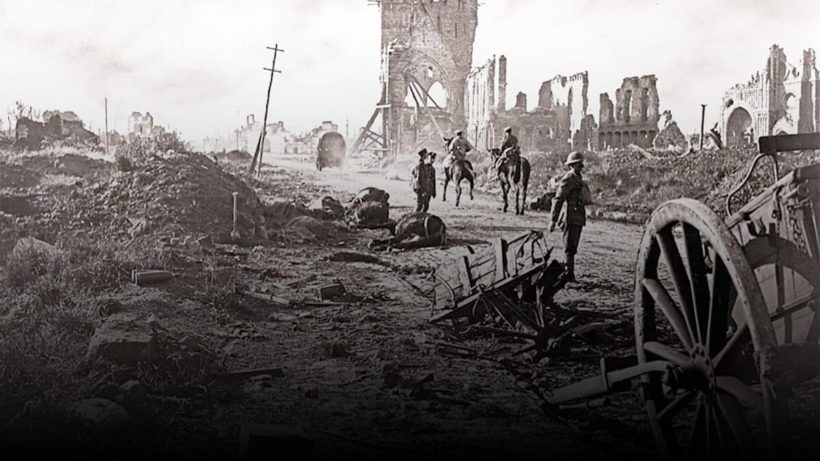
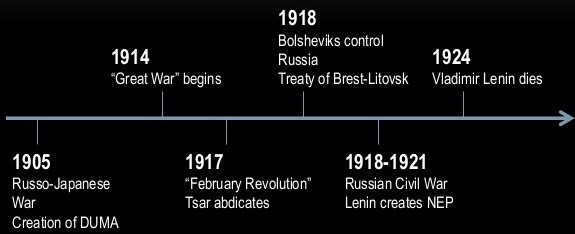

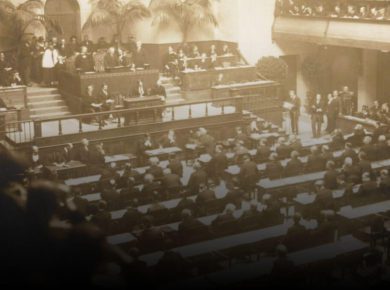
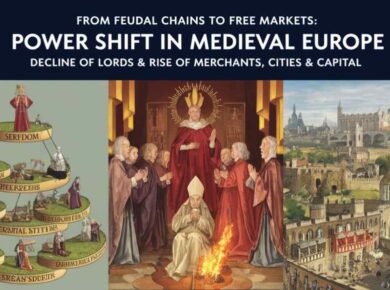
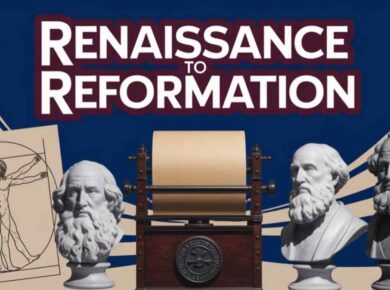
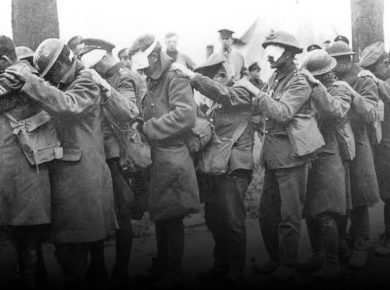
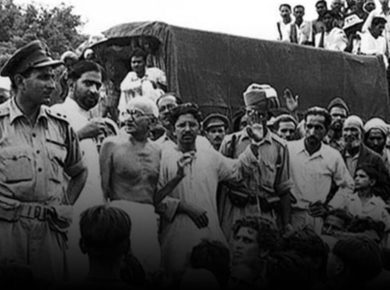
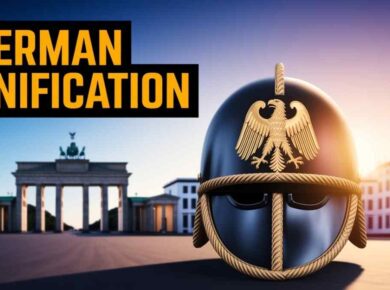




1 comment
thankyou very much to share the knowledge.